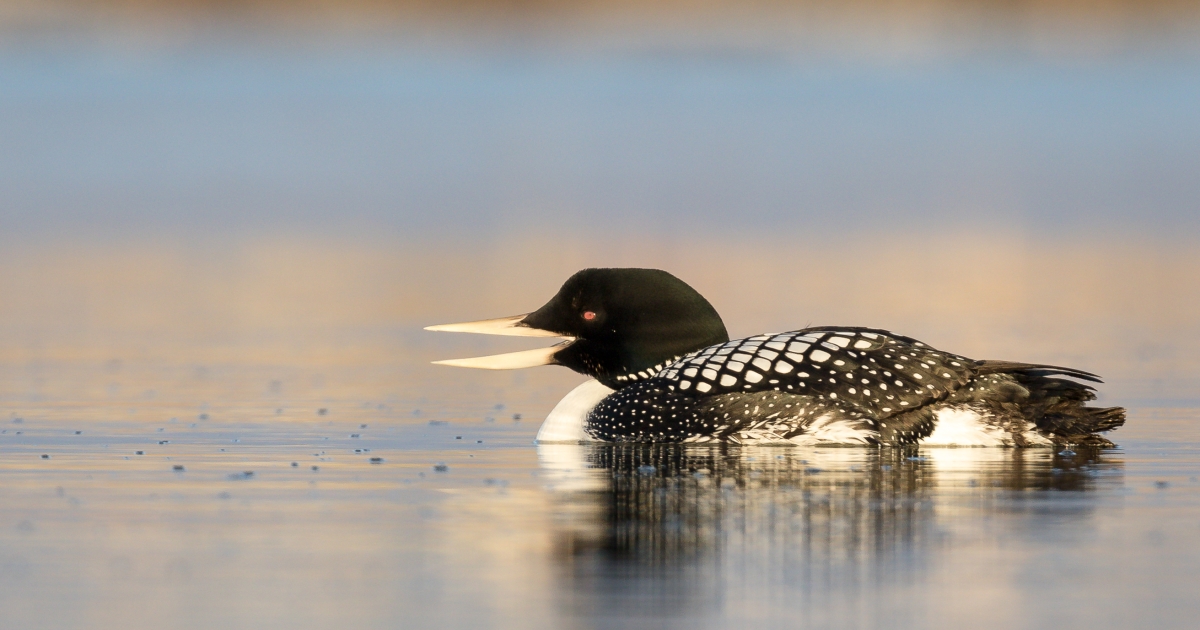
Migratory birds that have been frozen by the Midwest’s recent cold wave have suddenly begun to fall from the sky and are now lying aimlessly in ponds, fields, and cow pastures. To save the lives of these plummeting loons, a rescue effort is currently in progress. The Raptor Education Group in Wisconsin raised the alarm of a “Loon Fallout” to draw attention to the situation of falling birds. According to the Raptor Education Group, calls concerning stranded loons that need to be rescued because they can’t walk have been coming in for the past two days as a result of the extremely cold weather that caused the phenomenon.
This occurs when atmospheric conditions are such that the migrating birds develop ice on their body as they fly at high altitude
“A few loons can be a normal situation of a loon accidentally landing as a mistake,” said the nonprofit in a Facebook post. But given the overwhelming volume of calls they received and the harsh winter weather in the area, they claimed it appeared that a “loon fallout” was taking place.
“That occurs when atmospheric conditions are such that the migrating loons develop ice on their body as they fly at high altitude and crash-land when they are no longer able to fly due to the weight of the ice on their body or the interference with their flight ability,” the group said, which helps in the rehabilitation and care of wild birds.
The REGI staff reported that loons have currently been saved from Wausau, Gleason, Stratford, Neva, Rice Lake, Antigo, and Drummond. Marge Gibson, the organization’s founder and director, claimed that this occurrence was distinct from others that have happened in the past. “One reason is that of more public involvement … that made it possible for loons to be found, that in past events may not have been,” she stated.
“Loons cannot walk! They will need your help,” the group stated in its Facebook post
Gibson, after evaluation, said that some of the loons will be sent into large open lakes so that they can continue migrating. “Loons cannot walk! They will need your help,” the group stated in its Facebook post. “If you find a loon on land or on a road or cow pasture, realize that it cannot walk,” it added. According to REGI, a loon’s legs are situated at its back and are designed for swimming and diving rather than for walking. Because a bird needs at least a quarter-mile of open water to sprint over and fly, it cannot take flight from small ponds.
“Do not take them to small ponds for release,” said Gibson said. As per Gibson, few migrating loons are going to stay in Wisconsin while others will migrate to Canada. Gibson has been in touch with loon biologists in Canada and even Montana, where a similar pattern is being noticed by them.
“Midwest loons are migrating now. They come mostly from the Gulf of Mexico, unlike East Coast loons that can winter in the open ocean. Our lakes freeze, preventing overwintering,” she said.
